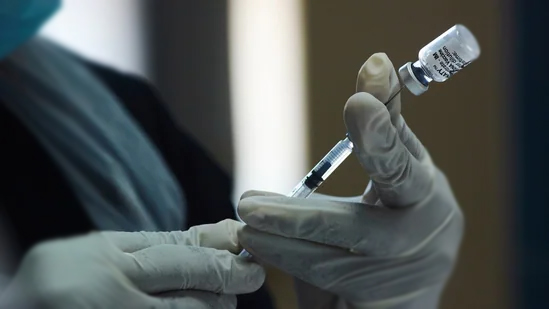The greater the number of family members with immunity against coronavirus disease (Covid-19), either from a previous infection or full vaccination, the less are the chances of other non-immune individuals in the household contracting the infection and hospitalisation, a new nationwide study in Sweden has revealed.
The study findings identified a dose-response link between the number of immune members in one family and the risk of infection and hospitalisation in the non-immune family members. It found that the non-immune individuals had a 45% to 97% lower risk of infection and hospitalisation as the number of immune family members increased, the researchers said.
The results of the study, Peter Nordstrom, professor at Sweden’s Umea University said, strongly suggest that Covid-19 vaccination is “important not only for individual protection, but also for reducing transmission, especially within families, which is a high-risk environment for transmission.”This latest research – which is different from several studies available on how Covid-19 vaccination significantly curtails the risk of contracting the virus, as claimed by the researchers — is a registry-based study. More than 1.8 million people from over 800,000 families in Sweden participated in the study.
The researchers combined the registry data from the Public Health Agency of Sweden, the National Board of Health and Welfare, and from Statistics Sweden – government agency overseeing statistical data. Following this, the association between the number of family members in a household with immunity against coronavirus and the risk of infection and hospitalisation in non-immune people was quantified.
Marcel Ballin, doctoral student at Umea and the co-author of the study said that vaccination against Covid-19 also “minimises…the risk that more people become critically ill” and the new variants, which “emerge and start to take over.”
On the basis of the Swedish population, the study accounted for differences in age, clustering within families, socioeconomic status, and several diagnoses previously seen as risk factors for Covid-19.



